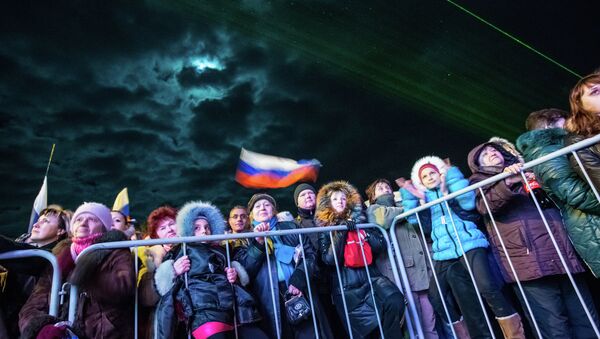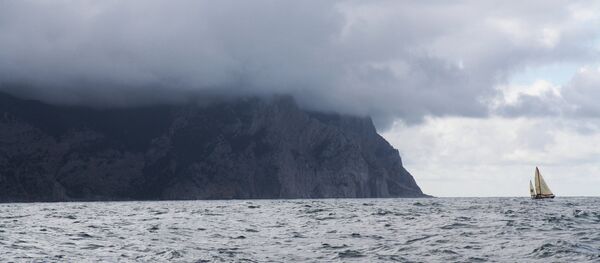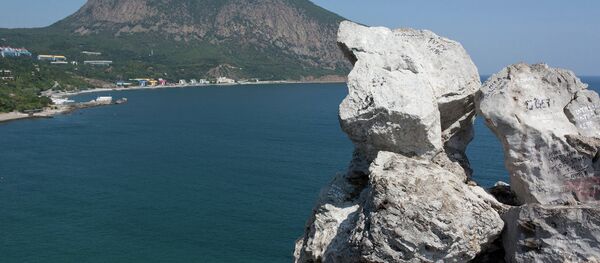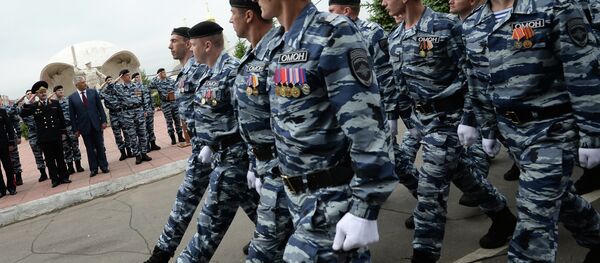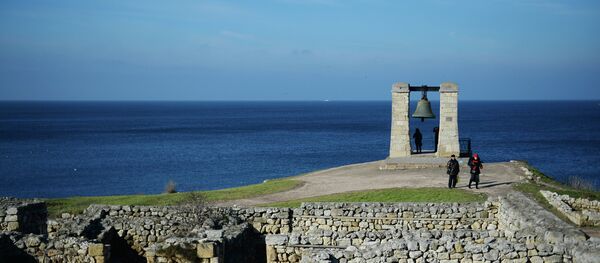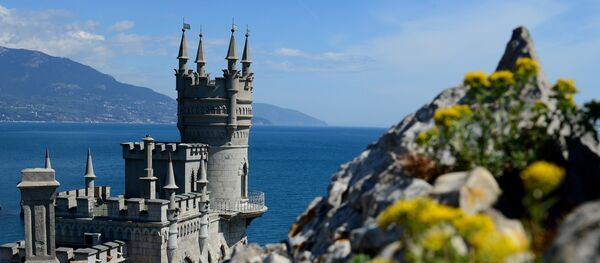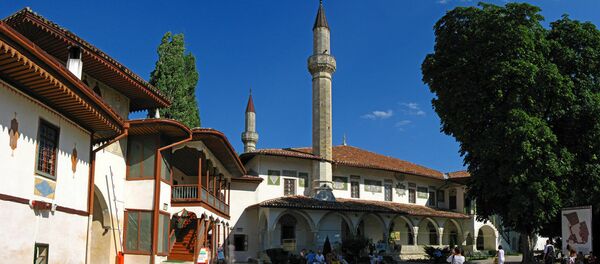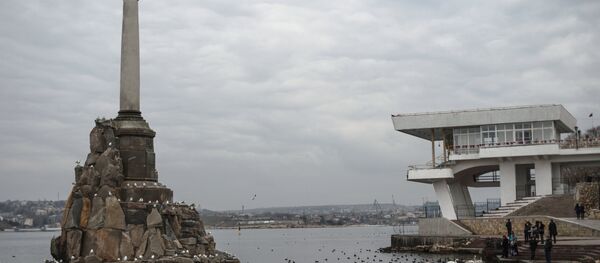On February 22, 2014, there was a power shift in Ukraine that had the attributes of a coup d'etat. The Ukrainian parliament, the Verkhovna Rada, ousted then President Viktor Yanukovych from power, changed the constitution, and set new presidential elections for May 25.
On February 23, a Verkhovna Rada resolution appointed its Speaker Oleksandr Turchynov as acting president.
The coup and the rise to power of a new anti-Russian government, triggered rallies in cities in Ukraine's south and southeast in defense of the Russian-speaking population, with many waving Russian flags. In Crimea and the city of Sevastopol, the rallies evolved into a strong pro-Russian movement.
On February 24, Volodymyr Yatsuba, head of Sevastopol's city administration, announced his resignation.
The city council voted for the creation of an executive committee headed by Alexei Chaly. Since February 24, the city residents have been holding rallies in the city center in support of Chaly. Ukrainian military units have also been picketed with appeals not to turn weapons on the people.
The participants of the rally also called for the restoration of the 1992 Crimean Constitution according to which the republic should have its own president and independent foreign policy. The protesters also called for a referendum for Crimean residents to be able to choose the direction of the region's further development, either as an autonomous republic within Ukraine, or as an independent state, or as part of Russia.
On February 26, Crimean Tatars who supported the regime change in Ukraine also gathered outside the parliament building. The two groups of protesters clashed, which resulted in 35 people being injured.
In the early hours of February 27, the Russian-speaking population’s self-defense forces occupied the buildings of the Supreme Council and the Council of Ministers of Crimea.
The Crimean Supreme Council called for a referendum on expanding the powers of the autonomous republic to be held on May 25. The referendum was to include one question: "Do you support the state self-determination of Crimea as part of Ukraine on the basis of international treaties and agreements?"
The Crimean Supreme Council dismissed the government of the autonomous republic, and on February 28, a new Cabinet of Ministers was formed.
In the early hours of March 1, unidentified armed individuals attempted to seize the buildings of the Supreme Council and the Council of Ministers of Crimea.
On the same day, Putin addressed Russia's Council of the Federation for authorization to use Russian military forces on Ukrainian soil in the Autonomous Republic of Crimea, until the social and political situation in the country normalized. The initiative was unanimously supported, and the authorization came into force.
The Crimean authorities also decided to speed up the referendum and set it for March 30, 2014.
On March 6, the Crimean parliament voted for the autonomous republic's reunification with Russia. The referendum date was moved to March 16. Crimean residents were asked two questions at the referendum: "Do you support the reunification of Crimea with Russia as a constituent entity of the Russian Federation?" and "Do you support the restoration of the 1992 Constitution of Crimea and the status of Crimea as part of Ukraine?"
On March 7, the State Council of Sevastopol, in a special session, decided that the city would become part of the Russian Federation. Additionally, the Sevastopol city council also spoke in favor of the Crimean Supreme Council's decision to hold the all-Crimean referendum on March 16.
On March 11, 2014, the Supreme Council of Crimea adopted a declaration in support of the region's independence from Ukraine and its intent to reunify with Russia.
The declaration noted that the Crimean parliament and the Sevastopol city council had made the decision based on the UN Charter and a number of other international documents which stipulate a people's right to self-determination.
On March 16, the referendum on the region's future took place. The vast majority of the voters (96.77 percent) supported reunification with Russia. According to Mikhail Malyshev, head of the Crimean referendum commission, voter turnout was 83.1 percent.
On March 17, the Supreme Council of Crimea adopted a resolution on Crimea's independence from Ukraine based on the referendum’s results. The parliament also addressed Russia with a proposal to incorporate Crimea into the Russian Federation as a constituent entity.
The Supreme Council of Crimea ruled to use "the Republic of Crimea" instead of "the Autonomous Republic of Crimea" in the names of the Republic's official bodies of power and other agencies.
Russia's State Duma, the lower house of the Russian parliament, and the Council of the Federation subsequently approved the treaty.
On March 21, Vladimir Putin signed a law to ratify the treaty on the accession of Crimea and the city of Sevastopol to Russia, and a federal constitutional law for the procedure of their incorporation into Russia.

